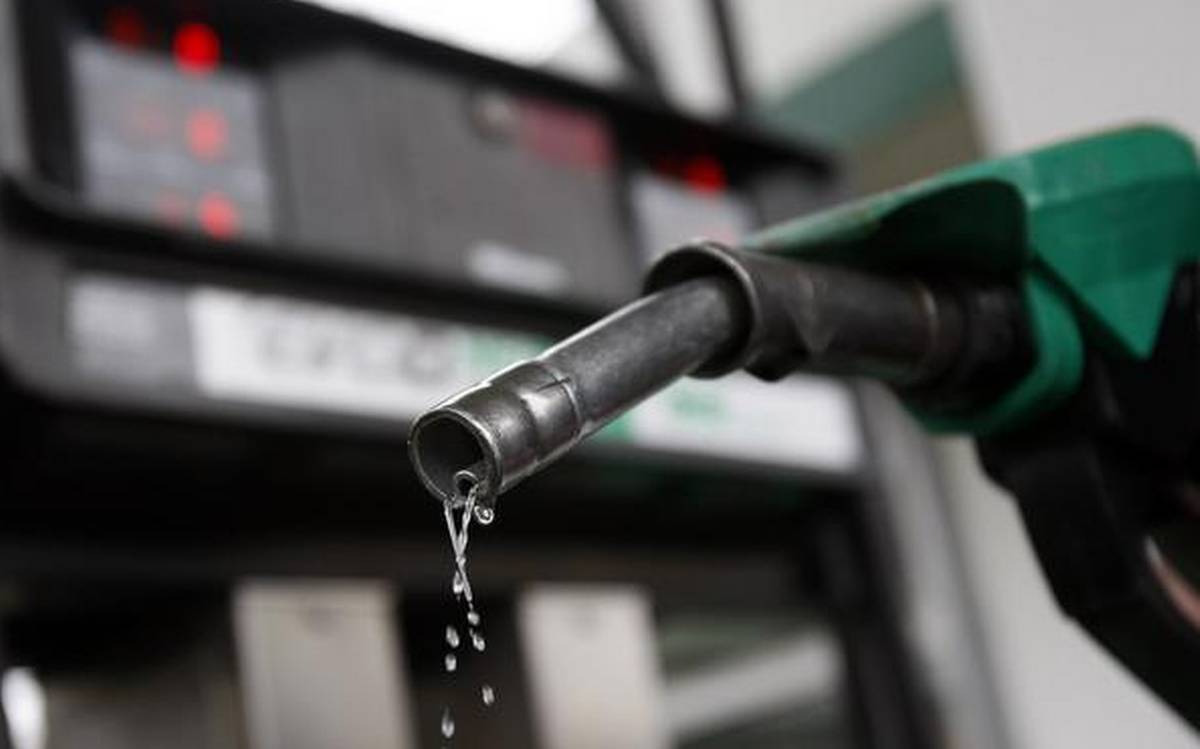By Ololade Kehinde
Many Nigerians are yet to recover from the shock of an announcement made by the Nigerian National Petroleum Company Limited (NNPC) on Sunday, September 15, 2024, to sell petrol produced locally from the Dangote refinery to Nigerians at a pump price higher than imported fuel.
It became utterly clear that Nigerians’ hopes of some relief from the cost of living crisis and hardship in the country were irredeemably dashed. A breakdown of the pricing showed Borno State will pay N1,019.22 per litre; Sokoto State – N999.22 per litre; Kano State – N999.22 per litre; Kaduna State – N999.22 per litre; Federal Capital Territory (FCT) – N992.22 per litre; Rivers State – N980.22 per litre Oyo State – N960.22 per litre; and Lagos State – N950.22 per litre.
NNPC explained that the new prices for September are based on figures obtained from the Dangote Refinery and not set by the federal government.
Recall that NNPC stated it paid N898 per litre for the 16.8 million litres of petrol purchased from the Dangote refinery on Sunday, September 15. In addition, NNPCL no longer sees itself as a substantive regulator but a key player in the petroleum industry value chain to make profit and as well accentuate product efficiency and availability in line with the provisions of the Petroleum Industry Act (PIA).
“The NNPC can confirm that it is paying Dangote Refinery in USD for September 2024 PMS offtake, as Naira transactions will only commence on October 1, 2024.
“The NNPC assures that if the quoted pricing is disputed, it will be grateful for any discount from the Dangote Refinery, which will be passed on 100 per cent to the general public,” it stated.
While the citizenry may feel dissatisfied at the moment, the President Bola Tinubu administration, according to pundits, is being seen to have taken decisive action to address the risks posed by challenges of the time, including implementing measures to promote competition, increase transparency, and strengthen corporate governance within the oil sector, by fostering a more level playing field, the government can encourage investment, innovation, and efficiency, ultimately benefiting both consumers and the economy as a whole.
The stakes are too high to ignore. The future of Nigeria’s oil sector, and by extension, its economic prosperity, depends on policymakers making the right choices. It is time to break free from the shackles of inefficiency and corruption and create a more competitive, transparent, and sustainable oil industry.
While it is not out of place to acknowledge the strides made by NNPCL, it is equally necessary to recognize that sustainable solutions to the sector’s challenges which require a concerted effort from all stakeholders with the right commitment to prioritise national interest, coordinating their efforts to get past roadblocks and enhance service delivery throughout Nigeria, is key and attainable.
Despite its legal mandate to operate commercially, NNPCL is also not resting on its oars in ensuring energy sufficiency through a seamless supply of petroleum products across the country. This commitment is vital for guaranteeing national energy security.
It’s synergy with Independent Petroleum Marketers Association of Nigeria (IPMAN), the Nigeria Union of Petroleum and Natural Gas Workers (NUPENG), the Nigerian Oil Marketers Association, and Petroleum Tankers Drivers (PTD) should never be trivialized or treated with levity. These partnerships are helping to guarantee seamless storage, supply, distribution, and retailing of petroleum products across the nation.
While NNPCL and NMDPRA continue to create a sustainable and energy-secure Nigeria, they must also reignite their vigilance and cooperation in strengthening legislation establishing their consistent policies. Also, there is no controversy in the fact that deregulation and a free market are critical for the survival of this industry and stipulations must remain fair with consistent policies which are required to achieve the real intendment of deregulation and liberalisation of the petroleum downstream sector.
Moreover, regulators must never allow monopoly to thrive. By allowing it, it will deprive Nigerians of cheaper options, as the Dangote Refinery will always have the final say and dictate prices without any competing alternatives, just like it olis alleged to be currently operating in the cement, sugar industry, and the salt production sectors. Although Dangote himself has always put up a defence that his businesses are not involved in any monopolistic practices, there is a general impression to the contrary.
Similarly, there should be no restriction or forced limitation of any marketer to be sourcing their product from Dangote Refinery until the Port Harcourt, Kaduna and Warri Refineries are fully rehabilitated and re-streamed to increase local refining capacity and provide product options for the nation.
With this type of transparency and fairness, more investors can plug into the deregulated Nigerian petroleum industry, having seen its viability and the seriousness of its government and the regulators.
Finally, and without prejudice to the drama going on, NNPCL’s mandate ands enshrined in the PIA as the energy provider of last resort is being jealously guarded with a view to ensuring that it bares part of the burden of the cost of pms.
Kehinde is a public affairs analyst and sent this piece from Ibadan.

 Join Daily Trust WhatsApp Community For Quick Access To News and Happenings Around You.
Join Daily Trust WhatsApp Community For Quick Access To News and Happenings Around You.


